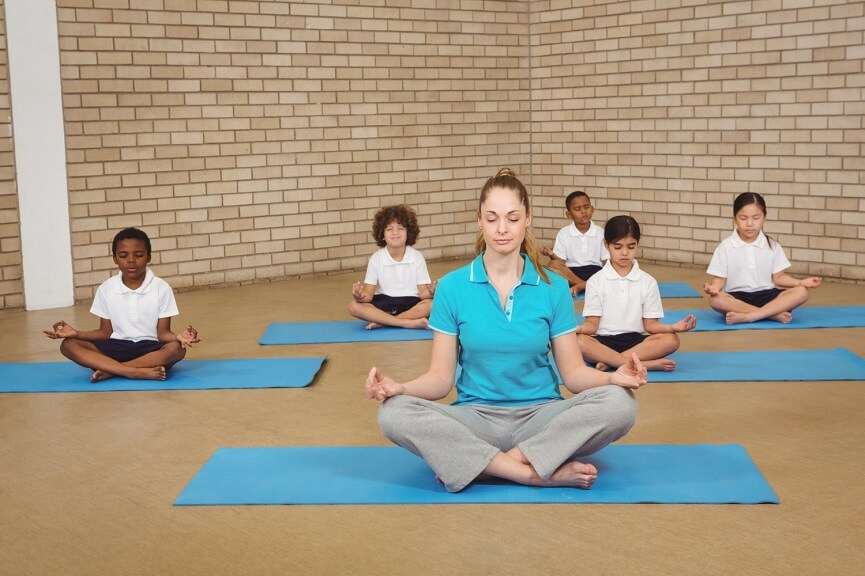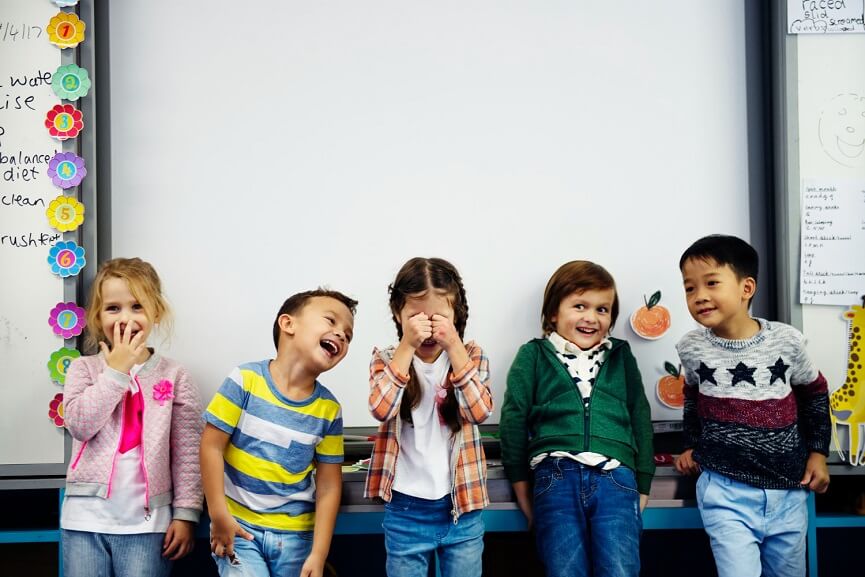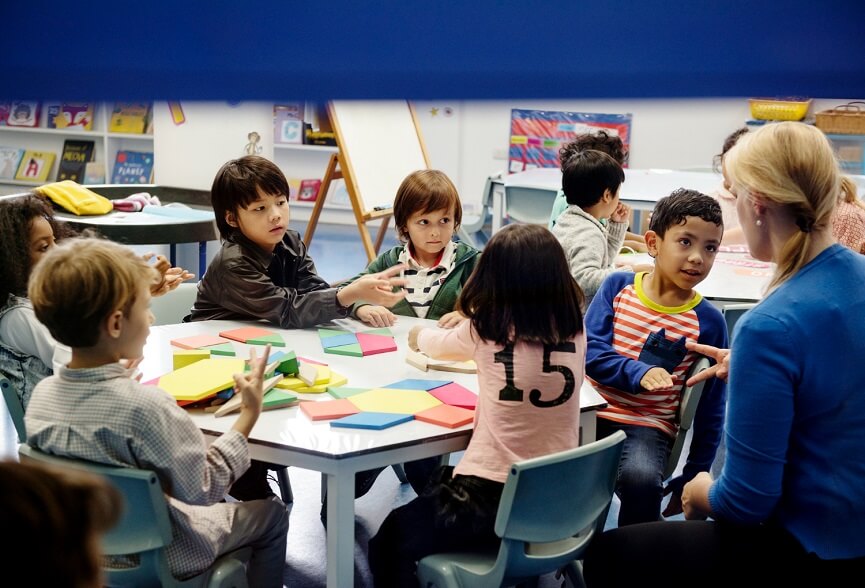What Is the Role of Teacher Collaboration in Improving Student Outcomes
By Billabong March 1, 2024

It has been observed that teacher collaboration is a critical component that can improve educational accomplishments. By pooling their knowledge, expertise, and resources, educators may create cutting-edge teaching methods that raise student engagement, success, and achievement. Teachers may enhance their teaching skills by sharing knowledge, encouraging and providing each other the feedback they need. The following section emphasises the significance of trust, communication, and a shared vision to develop successful collaboration among educators.
Different Types of Collaboration
Understanding teacher collaboration is essential to enhance student results. The following are some of the different types of collaboration that can be used to increase participation-
- Formal Collaborations:These organised collaborations are created by educational institutions such as schools. Teachers working in teams to produce curricula, assessments, or instructional techniques may be involved in these partnerships. There is a collaborative learning atmosphere among the faculty and staff members at Billabong International High School, and everyone is dedicated to learning from and alongside one another.
- Informal Partnerships: In contrast, informal partnerships are less regulated and more casual. Teachers may collaborate by exchanging concepts, materials, or tactics during or after school hours. Fostering teacher creativity and innovation can be achieved through informal collaborations.
- Collaborative Planning: This method includes instructors’ instruction, unit, or project planning in parallel. Making sure teachers agree with the curriculum’s aims and objectives may be accomplished through collaborative planning. Finding the strengths and weaknesses in teaching techniques and creating plans to fix them may also be beneficial.
- Professional Learning Communities: Teacher organisations known as professional learning communities can help encourage the development and learning of teachers. Teachers may be able to make use of these chances to exchange knowledge gained from one another
What Makes Teacher Cooperation Important?
It is essential to concentrate on teacher cooperation for several reasons:
- Enhanced Professional Development: Teachers may share their knowledge, approaches, and resources with others. Teachers’ professional development is facilitated by this ongoing communication, which also keeps them informed of current research and best practices in the field.
- Better Learning for Students: Teachers working together may create more efficient teaching strategies adapted to their students’ requirements. They can better detect and correct learning gaps.
- Enhanced Work Satisfaction: Collaborating teachers feel more appreciated, heard, and respected in a supportive work environment. This approach to achieving shared objectives cultivates a feeling of inclusion and friendship among instructors.
- Lower Teacher Turnover: Schools with a collaborative culture typically have lower teacher turnover rates. Teachers are more likely to stay in their jobs. This lessens the need for ongoing hiring and onboarding of new employees when they feel encouraged and involved in teamwork.
Techniques for Encouraging Teacher Collaboration:
To encourage teacher collaboration, schools might implement the following methods:
- Make time for teamwork: Educational institutions might plan frequent team meetings, professional development communities, or other organised cooperative activities.
- Create a collaborative culture: Educational institutions can foster a culture that appreciates and promotes teacher cooperation. This might involve offering rewards for teamwork, praising and acknowledging teamwork, and encouraging a sense of belonging and collaboration.
- Promote honest and open communication: Teachers must be able to speak to one another honestly and freely. Schools may offer practical communication skills training and chances for teachers to practise these abilities.
- Promote peer coaching: This may be an effective teacher collaboration and mutual learning method. Peer coaching is a skill that schools may teach teachers and provide them with the opportunity to use.
- Encourage ownership: Teachers should be responsible for their teamwork. Teachers can take ownership of group initiatives and participate in school decision-making processes.
Benefits of Collaboration:
Teachers working together can improve student learning results in a variety of ways. Some of the importance of teacher collaboration is as follows:
- High Student Achievement:
- Teacher collaboration can increase student achievement.
- Teacher performance and student achievement can identify strategies that contribute most to improving student learning.
- Enhanced professional development of teachers:
- Teachers can participate in continuous professional development through collaborative workshops.
- Teachers can share their experiences, reflect on their teaching skills, and learn from each other.
- Enhanced instructional coherence and consistency:
- Implementing teacher collaboration helps ensure consistent use of instructional strategies in classrooms and classrooms.
- Improved teacher performance and support:
- Teachers can develop supportive relationships through collaboration.
- Collaboration can also provide a supportive and encouraging school climate in which teachers feel appreciated and encouraged.
Challenges of collaboration:
Teacher collaborations can face challenges, although collaborations can improve student outcomes in various ways. These challenges include:
- Lack of time: Teachers find collaborating difficult because it can be time-consuming.
- Communication and lack of trust: Teachers must communicate and trust each other to collaborate effectively. Without trust or communication, cooperation can be difficult or even impossible.
- Resistance to change: Some teachers find it difficult to change their teaching methods to accommodate integration. Teachers may not want to be consistent or feel that their knowledge is being challenged.
Understanding teacher collaboration can achieve tremendous academic success when using an aligned curriculum, individualised instruction, and teacher collaboration. They can also support the student’s personal development by acting as a mentor and providing detailed advice. Join Billabong International High School to experience the power of teamwork. Connect with our collaborative team of educators to help your kids reach their full potential and promote academic success.
Latest Blogs
- Understanding the Science behind the Day and Night Cycle
- Toddler Tantrums: Understanding and Tackling Toddler Outbursts
- Tips to attempt ICSE Class 10 Board Exam – Maths
- The Role of Yoga in Creating a Balanced Student Life
- School Life: A Journey of Growth, Learning, and Transformation






